Protecting Your License: Why Documentation Matters for North Carolina Mental Health Professionals
When the Accuser Is Believed First
In the world of professional licensing boards, especially in North Carolina, the accuser’s version of events is often taken at face value—at least initially. Mental health professionals such as licensed clinical mental health counselors, social workers, and psychologists frequently practice one-on-one without a treatment team or outside witnesses. This can quickly turn a complaint into a “he said / she said” situation.
In these circumstances, your clinical documentation is your strongest evidence. High-quality, contemporaneous notes can protect your reputation, support your account, and show the board that you acted within accepted standards of care.
Why This Problem Hits Mental Health Professionals Especially Hard
Minimal oversight during sessions: Therapy is usually private and one-on-one, unlike medical settings where multiple professionals document the same encounter.
Subjective content: Much of the work involves feelings and perceptions, which can be harder to prove without documentation.
Delayed complaints: Allegations may surface months or years later, when memories have faded.
Professional vulnerability: A board complaint threatens your license, your livelihood, and your professional reputation.
Because of these factors, mental health professionals should treat documentation as both a clinical tool and a legal safeguard.
What Makes a Good Clinical Note: Key Elements
Following accepted standards—like those required by the North Carolina Board of Licensed Clinical Mental Health Counselors, the NC Psychology Board, and the NC Social Work Certification and Licensure Board—your notes should include:
Identifying Information: Client name/ID, date, time, location (in person or telehealth), and type of session.
Informed Consent & Disclosures: Document that you reviewed and obtained signed acknowledgment of your Professional Disclosure Statement (PDS) as required for counselors in North Carolina. Note any limits of confidentiality, fees, or special agreements.
Presenting Issue (Subjective): Summarize the client’s stated reason for the session or updates since the last visit.
Objective Observations/Data: Record observable behavior, mental status, risk factors, standardized measures, and collateral information.
Clinical Assessment: Provide your professional impression based on the data, noting progress, barriers, and any changes.
Intervention/Session Summary: Describe techniques used, homework assigned, referrals, and client responses.
Plan/Next Steps: Outline future sessions, safety planning, or referrals.
Signature, Date, and Credentials: Sign and date promptly with your professional designation (LCSW, LCMHC, Psychologist, etc.).
Best Practices
Timeliness: Complete notes as soon after the session as possible.
Objectivity and Clarity: Avoid judgmental or vague language. Stick to observable facts.
Consistency: Use a standard format such as SOAP, DAP, or BIRP to ensure nothing is missed.
Confidentiality: Include only information that is clinically relevant.
Addenda Rather Than Edits: If you must correct or supplement a note, use a dated addendum instead of rewriting the original.
By following these practices, you create records that can withstand scrutiny by licensing boards, investigators, or opposing attorneys.
How Good Notes Protect You
Contemporaneous Credibility: Notes made at the time of the session are far more persuasive than a later recollection.
Supports Your Narrative: Your written response to a board complaint should align with your existing notes, not contradict them.
Shows Standard of Care: Thorough documentation demonstrates you followed accepted practice standards.
Protects Against Missing Evidence: Risk assessments, disclosures, and client statements are captured contemporaneously and can’t be forgotten.
Enables an Informed Defense: High-quality notes give your attorney a clearer picture of the facts, which improves your legal strategy.
How a Lawyer Can Help You Control the Narrative
Even the best notes aren’t enough on their own. When a board issues a records request or asks for a written response, legal counsel is essential.
What an Attorney Can Do:
Review Records Before Submission: Ensure compliance with your duty to provide while redacting privileged or irrelevant information.
Craft or Refine Your Written Response: Present your version clearly, stick to factual evidence, and avoid unnecessary admissions.
Limit Exposure: Frame your narrative without offering more than required.
Assist with Interviews or Informal Conferences: Protect your rights during board meetings.
Negotiate Consent Orders or Resolutions: Evaluate whether proposed disciplinary actions are in your best interest.
Handle Appeals: If the dispute escalates to a formal hearing or judicial review, experienced counsel can represent you throughout the process.
In North Carolina, for example, a social worker who receives a complaint from the Social Work Certification and Licensure Board typically has 21 days to respond. A skilled attorney can help you avoid pitfalls in that critical first response.
Conclusion
In an environment where complaints are often believed first and investigated later, thorough, timely documentation is one of the strongest tools you have to protect your license. By following best practices for clinical notes and working with an attorney experienced in professional licensing defense, you can respond effectively to board inquiries, control the narrative, and safeguard your career.
This is not legal advice. If you do need legal representation call the office at: 919-616-3317

